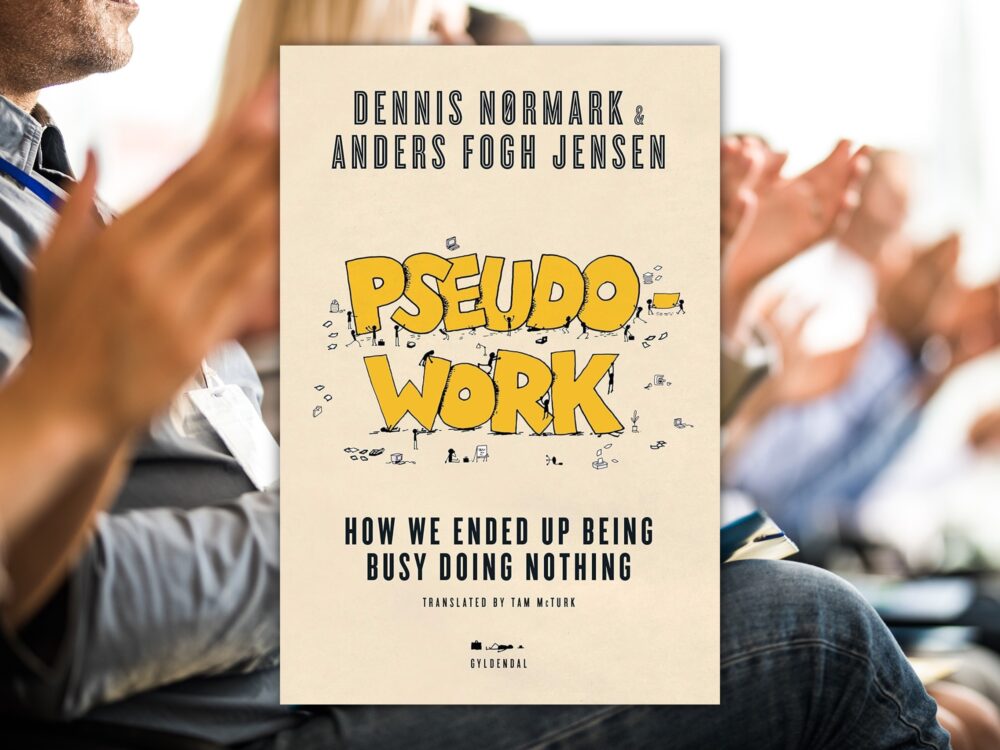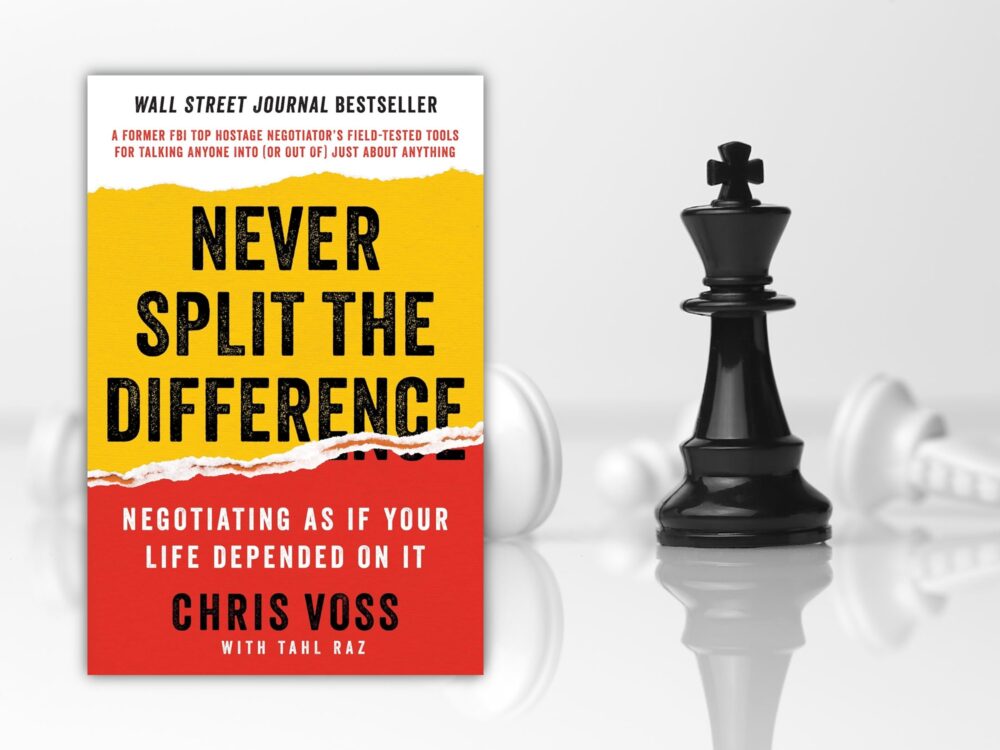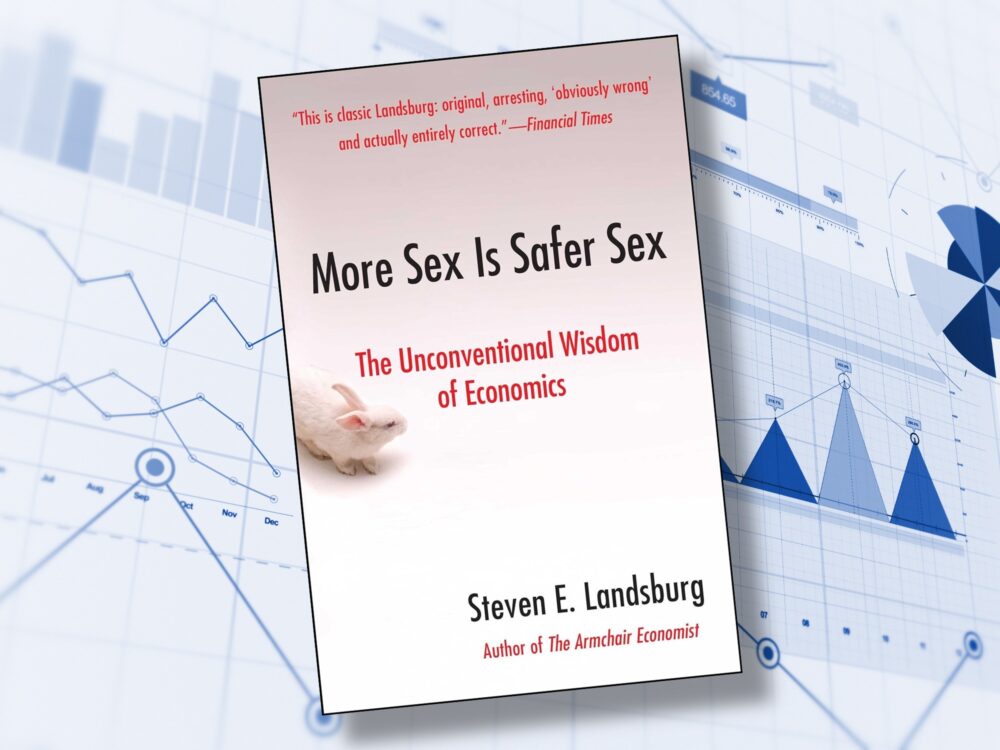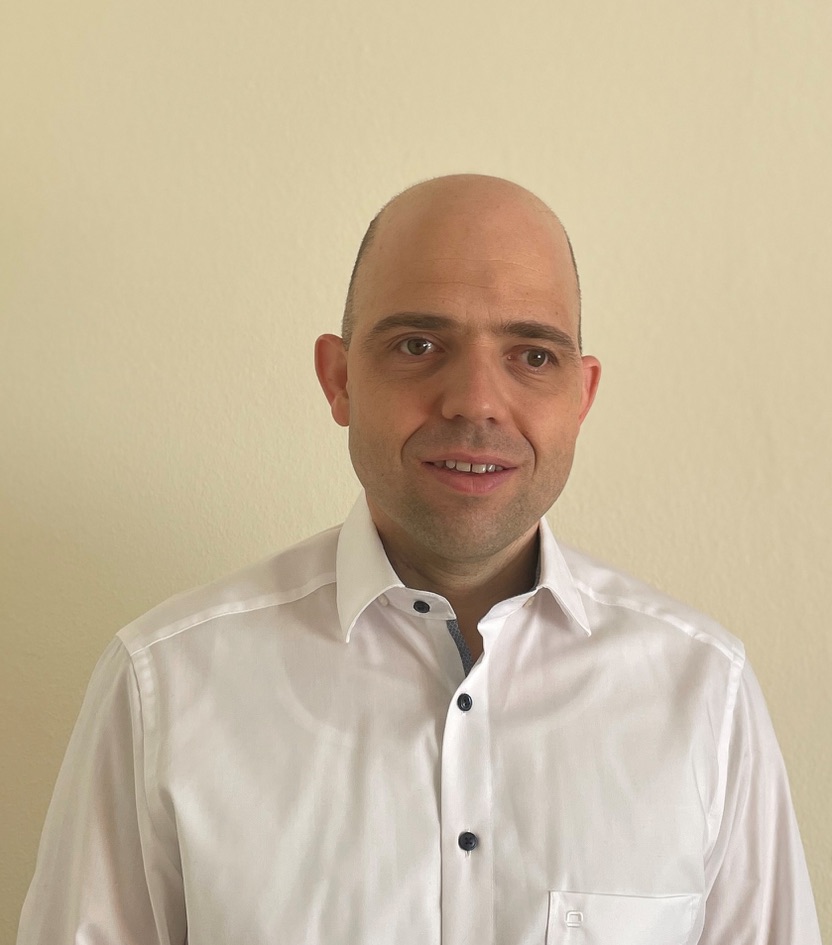Overview
“Pseudowork: How we ended up being busy doing nothing” is a book by anthropologist Dennis Nørmark and philosopher Anders Fogh Jensen. The book delves into the modern work culture and questions the value and meaning of what the authors term as ‘pseudowork’ – work that seems busy on the surface but is essentially meaningless and unproductive.
The intention behind the book is to explore the paradox of why, despite technological advancements and promises of increased leisure time, we still find ourselves working long hours on tasks that often feel pointless. The authors argue that instead of enjoying a 15-hour workweek as predicted a century ago, we are engulfed in a work culture filled with more rules, endless meetings, and trivial tasks.
Synopsis
The book is divided into three distinct parts.
Part 1: The time that vanished
Chapter 1 – The future isn’t what it used to be
This chapter explores how the optimistic predictions of a future with significantly reduced working hours have not materialised. Instead of enjoying more leisure time, people find themselves busier than ever, often engaged in tasks that lack real value or purpose. The authors delve into the reasons behind this discrepancy and the societal changes that have led to an increase in pseudowork.
Chapter 2 – Something is rotten in the state of the workplace
Here, the authors examine the modern workplace and identify the various inefficiencies and meaningless tasks that plague it. They argue that many of the activities employees engage in are not truly productive but are instead designed to give the appearance of busyness. This chapter highlights the absurdity of certain workplace practices and the impact they have on employee satisfaction and productivity.
Chapter 3 – The pseudomorphosis of work
This chapter discusses the transformation of work into something that often lacks substance and meaning. The authors introduce the concept of “pseudowork”, which refers to tasks that are performed more for show than for actual utility. They explore how this phenomenon has become widespread and the ways in which it undermines genuine productivity and fulfilment in the workplace.
Part 2: The meaning that vanished
Chapter 4 – Go home then!
This chapter emphasises the importance of work-life balance and argues against the culture of overworking. The authors suggest that many tasks can be completed more efficiently if employees are encouraged to leave work on time and prioritise their personal lives, ultimately leading to increased productivity and well-being.
Chapter 5 – Don’t come up with solutions
The authors critique the obsession with constant problem-solving and innovation in the workplace. They argue that not every issue requires a new solution and that sometimes, maintaining the status quo or simplifying processes can be more effective than overcomplicating things with unnecessary changes.
Chapter 6 – Stop imitating others
This chapter discusses the pitfalls of blindly copying successful practices from other organisations. The authors highlight the importance of understanding the unique context and needs of one’s own workplace instead of adopting trends and strategies that may not be suitable or effective.
Chapter 7 – Come back down to Earth
The authors call for a return to practical and realistic approaches to work. They criticise the tendency to get carried away with grandiose ideas and projects that often lead to pseudowork, advocating instead for grounded and achievable goals that genuinely add value.
Chapter 8 – Rein in the positivity
This chapter addresses the culture of enforced positivity in the workplace. The authors argue that excessive positivity can be counterproductive, masking real issues and preventing honest discussions. They advocate for a more balanced approach that allows for constructive criticism and realistic assessments.
Chapter 9 – Stop interrupting
The authors highlight the negative impact of constant interruptions on productivity and focus. They suggest strategies for minimising disruptions, such as setting clear boundaries and creating environments that support deep work and concentration.
Chapter 10 – Stop paying for time
This chapter critiques the traditional model of compensating employees based on hours worked rather than results achieved. The authors argue for a shift towards performance-based pay, which can incentivise efficiency and reduce the prevalence of pseudowork.
Chapter 11 – Trust people
The final chapter in this part emphasises the importance of trust in the workplace. The authors argue that micromanagement and excessive oversight can lead to pseudowork, while trusting employees to manage their own tasks and responsibilities can foster a more productive and engaged workforce.
Part 3: Reclaim time and meaning
Chapter 12 – Why do we work?
This chapter delves into the fundamental reasons behind why people work, exploring both historical and contemporary motivations. The authors discuss how work has evolved from a means of survival to a source of identity and purpose. They also examine the societal and psychological factors that drive people to engage in work, even when it may not be fulfilling or meaningful.
Chapter 13 – What you can do
In this chapter, the authors provide practical advice for individuals looking to reclaim their time and find more meaning in their work. They suggest strategies for identifying and eliminating pseudowork, setting boundaries, and focusing on tasks that genuinely add value. The chapter encourages readers to take proactive steps to improve their work-life balance and overall job satisfaction.
Chapter 14 – What managers can do
This chapter focuses on the role of managers in reducing pseudowork and fostering a more productive and meaningful work environment. The authors offer recommendations for creating a culture of trust, encouraging autonomy, and prioritising results over appearances. They also discuss the importance of clear communication and realistic goal-setting in minimising unnecessary tasks and boosting employee morale.
Chapter 15 – A world without pseudowork
The final chapter envisions a future where pseudowork is minimized, and meaningful work is the norm. The authors explore the potential benefits of such a shift, including increased productivity, better mental health, and a more engaged workforce. They also discuss the broader societal changes needed to support this transformation, such as policy reforms and shifts in cultural attitudes towards work.
Why you should read it?
For the general public, “Pseudowork: How We Ended Up Being Busy Doing Nothing” offers a refreshing perspective on the modern work culture that many find themselves trapped in. The book sheds light on the often overlooked phenomenon of pseudowork, i.e. tasks that appear productive but lack real value. By understanding and identifying these tasks, readers can reclaim their time, reduce stress, and focus on what truly matters. The practical advice and real-world examples provided by the authors make it an accessible and engaging read, empowering individuals to make meaningful changes in their work habits and improve their overall quality of life.
For managers, this book is an invaluable resource for creating a more efficient and fulfilling work environment. It provides insights into the common pitfalls of modern management practices that lead to pseudowork and offers actionable strategies to foster a culture of trust, autonomy, and genuine productivity. By implementing the recommendations from the book, managers can enhance employee satisfaction, reduce burnout, and ultimately drive better organisational performance. The authors’ emphasis on realistic goal-setting and clear communication is particularly beneficial for leaders looking to optimise their team’s efforts and achieve sustainable success.
Critics and review
The book is well-researched and presents a compelling argument that challenges the reader to reflect on their own work practices. The authors suggest that the current state of work could lead to societal self-sabotage, as we risk becoming a culture that values busyness over actual productivity.
One of the strengths of “Pseudowork” is its interdisciplinary approach, combining insights from anthropology, philosophy, and economics to paint a holistic picture of the issue. The authors use a variety of examples to illustrate how pseudowork manifests in different industries and roles, making the book relevant to a wide audience.
However, the book’s solutions to the problem of pseudowork is not always sufficiently concrete and despite its strong call for a significant shift in how we view and engage with work, the path to achieving this change is not always clear.
Overall, “Pseudowork” is a valuable contribution to the conversation about work and its place in our lives. It encourages us to question the status quo and to seek out work that is genuinely productive and fulfilling. The book’s engaging narrative and accessible writing style make it a recommended read for anyone interested in the future of work and society
The two authors wrote the book to confront what they see as one of the greatest taboos of our era: the prevalence of pseudowork. They aim to challenge the old-fashioned concept of work and offer a blueprint for change, encouraging employees, managers, and society at large to think and act differently.
The authors come from different sides of the political spectrum. However, rather than finding a middle ground, they unite in their critique of the current state of work and its impact on individual and societal well-being. Their shared perspective is that the current work culture is an act of self-sabotage and risks making a mockery of our past and future if not addressed.
Verdict
“Pseudowork: How We Ended Up Being Busy Doing Nothing” by Dennis Nørmark and Anders Fogh Jensen is a thought-provoking and insightful read that challenges the conventional notions of productivity and work. The authors skillfully dissect the phenomenon of pseudowork, offering a compelling critique of modern workplace practices while providing practical solutions for reclaiming time and meaning. Their engaging writing style, combined with a wealth of real-world examples and actionable advice, makes this book an invaluable resource for anyone looking to enhance their work-life balance and find greater fulfillment in their professional lives. Overall, it’s a must-read for those seeking to navigate the complexities of today’s work environment with a fresh perspective.
About the author
Dennis Nørmark is a Danish anthropologist, author, and speaker renowned in the Nordic region. Born on April 2, 1978, in Hadsten, Denmark, he holds a Master’s degree in anthropology from Aarhus University. Nørmark is known for his work with international organisations and has authored several books focusing on culture and cultural differences. He is a former partner at the Living Institute and currently serves as a senior advisor at Voluntās. Nørmark is also a columnist for Politiken.
Anders Fogh Jensen is an independent Danish philosopher, author, and lecturer born on May 13, 1973. He has an extensive educational background with degrees from Université de Paris I and the University of Odense, as well as a Ph.D. from the University of Copenhagen. Fogh Jensen writes on a variety of topics, including organisation, state, and epidemics, and is known for his philosophical salons and public lectures. His work often addresses urgent societal questions through the lens of philosophy’s deep history.
#Pseudowork #DennisNørmark #AndersFoghJensen #WorkCulture #MeaningfulWork #WorkplaceProductivity #ModernWorkplace #JobSatisfaction #WorkLifeBalance #PhilosophyOfWork #CorporateCulture #Efficiency #WorkplaceWellness #RethinkWork #FutureOfWork









Leave a Reply